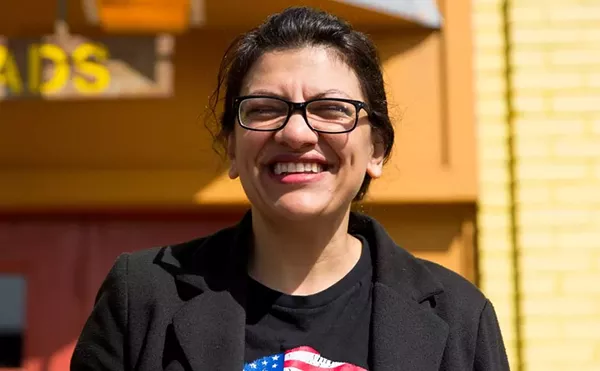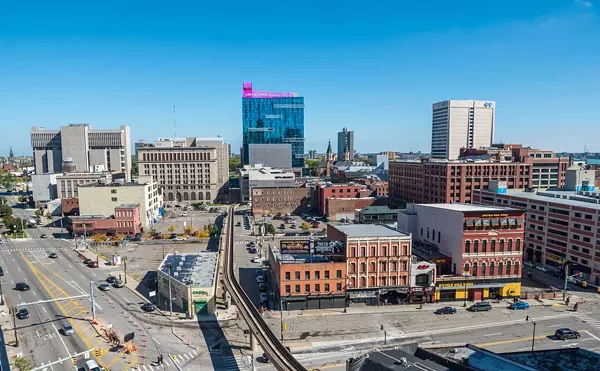One day when I was 16, I got curious in a way that I hadn’t been before. My decidedly left-leaning father had a shelf of books, mostly political stuff, that included a slim selection of poems from Walt Whitman’s Leaves of Grass and a thick anthology, The Poetry of the Negro , 1746-1949, edited by Langston Hughes and Arna Bontemps. In a fit of boredom or loneliness or inspiration, or all three together, I opened those collections, timidly trying the shorter poems first, then moving on to whatever sounded interesting. Within half an hour, it all got interesting, especially Whitman’s memories of the Civil War and Hughes’ blues-inspired lyrics that gave a new dimension to the jazz sides — among them, the Modern Jazz Quartet’s “Bags’ Groove” — that I’d been listening to for a couple of years. It was my baptism into poetry. Whenever possible, I’d go back to those beautiful, disturbing, song-like pages for more. And they made me want to write, to try to compose poems myself. I was hooked for life.
Last Friday, Feb. 1, was the 100th birthday of Langston Hughes (1902-1967), one of this country’s greatest authors. As a poet, he brought sounds and images to American literature that it had not previously known, a pleasure to the eye and ear that this often oppressive-repressive land would rather ignore. His verses sang of his fellow African Americans, yes, but his writings also embraced — as did the poems of Whitman, one of his heroes — whatever life on these shores had to offer. Hughes wrote of rivers and cities, musicians and lynchings, everyday folks and extraordinary circumstances. And he did it with the clearest, most lyrical sound that poetry in 1925 (official date of the launching of the Harlem Renaissance, the literary and arts movement in which he was a major figure) had yet known. His was a poetry of the people and for the people.
So when I realized Friday morning that the Hughes centennial was upon us, it brought up a rush of recollection. I remembered when I first heard a tape of Hughes reading his poetry (he also recorded an album, The Weary Blues, in part with the Charles Mingus band), which then reminded me of Jack Kerouac’s jazz-inflected stanzas in Mexico City Blues. Memories flooded in of first hearing Sterling A. Brown, Ted Joans, Amiri Baraka, Allen Ginsberg, Jayne Cortez and Sonia Sanchez — poets for whom the rhythms of blues and jazz were essential facts of life. Hughes was one of their key forebears and certainly one of mine.
What can purge my heart
Of the song
And the sadness?
What can purge my heart
But the song
Of the sadness?
What can purge my heart
Of the sadness
Of the song?
— from “Song for Billie Holiday” in Selected Poems
of Langston Hughes (Vintage Classics, 1990)
From my father, a Polish-American labor activist who cared enough about people to continually put himself on the line, came this perhaps unintended opening of a door to a different consciousness altogether: the line that stretched from Whitman to William Carlos Williams to Hughes to Kerouac and Baraka to Clark Coolidge and De La Soul. It’s what makes all the difference in the world today when I open a book of poems to adventure.

On Tuesday, Feb. 12 at 7 p.m., the Friends of the Detroit Public Library will premiere a documentary film, Hughes’ Dream Harlem, by Detroiter Darralyn Hutson, in which contemporary poets discuss the impact that Langston Hughes had on their work. This event at the Detroit Public Library (5201 Woodward Ave., Detroit) is free and for all ages. Call 313-833-4048. There are also events honoring Hughes throughout the month at Henry Ford Museum & Greenfield Village. Call 313-982-6100.
Hot & Bothered was written and edited by George Tysh. E-mail him at [email protected]





